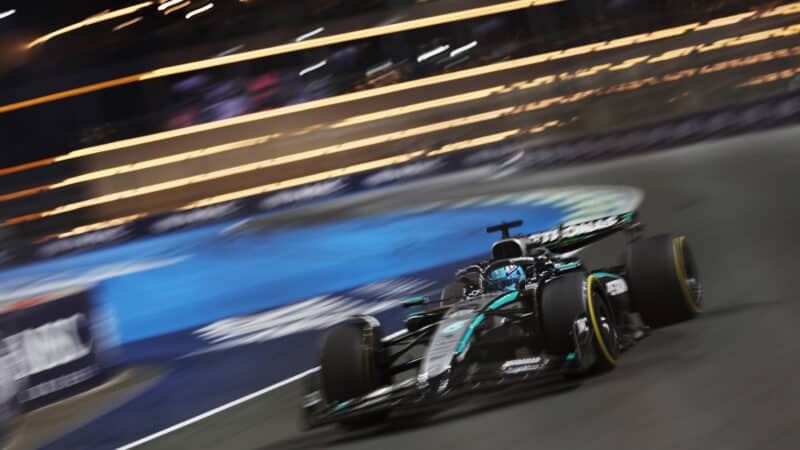No-one is proposing a balance-of-performance equation or weight penalties and there is obviously still a lot of cutting edge technology and learning involved in creating these power units. But if F1 is then saying the technology race between engine manufacturers exists only up to a certain point pre-season and if there are then differences in performance they will be equalised, it is quite a step. What would be the difference between that and stipulating that there is a regulation downforce limit? Furthermore, what competitive motivation is there to create the best engine when you’re all going to artificially equalised anyway? The commercial imperatives have gradually eroded the dimensions in which the F1 game can be played.
It’s complicated of course by the cost concerns. Imposing a cost cap on F1 was previously thought impossible but it has been achieved and one of the original premises of that happening was that it could lead in future to an opening out of the technical regulations: ‘You can do what you like so long as it doesn’t cost more than X’. But that’s clearly not the direction it’s going.
It’s step that can be argued as either good or bad depending upon where your interest lies in what has always been a multi-dimensional competition. But it’s a step that should be acknowledged.


